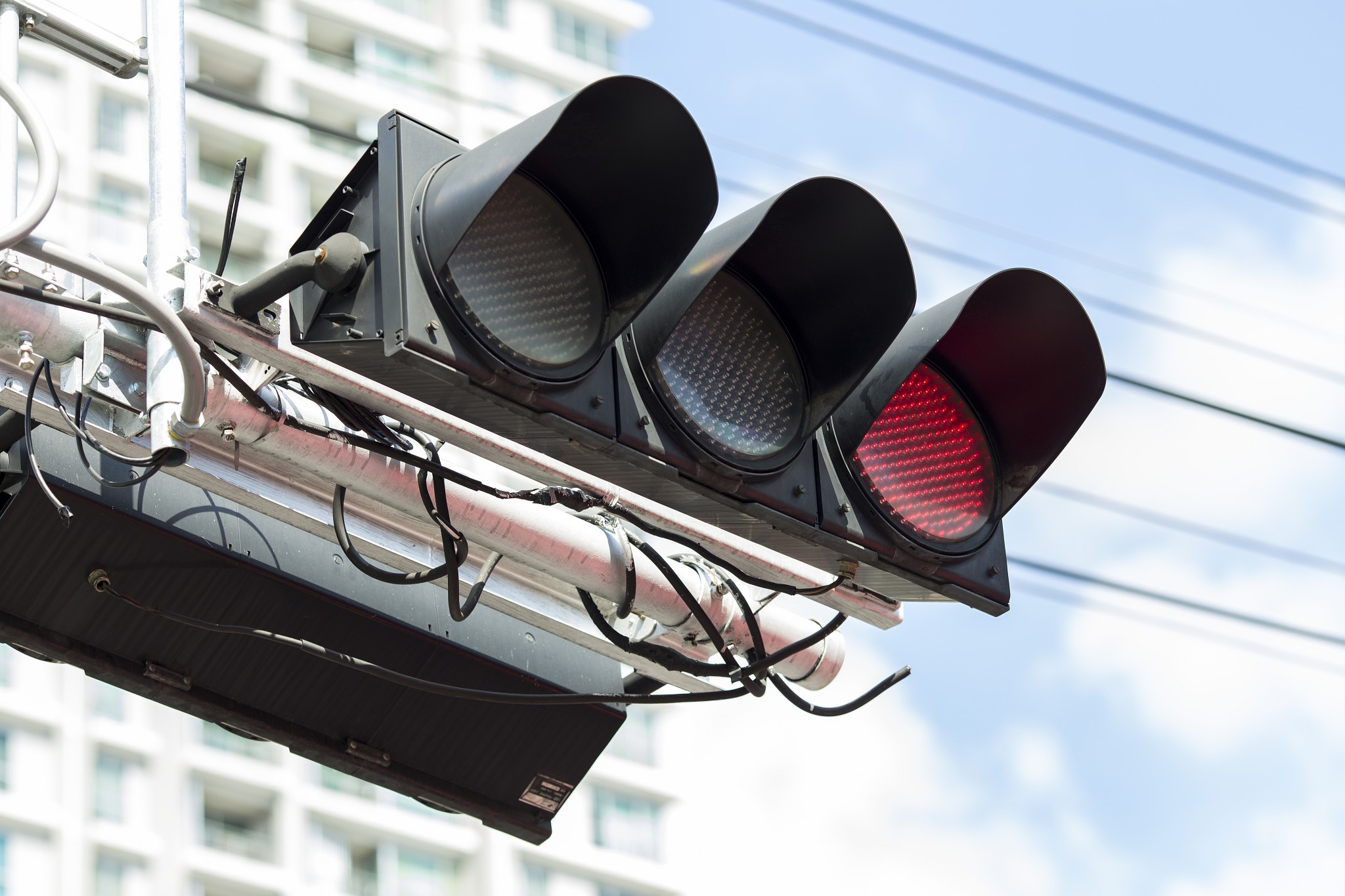Having recently driven in Manhattan (NYC) and now on Nantucket (an island located 30 miles from the coast of Massachusetts), I’ve been pondering the difference a traffic light can make.
In NYC, the traffic lights are constant signals from government. Shaping my strategy, the traffic lights determine my speed as I cruise up 10th Avenue after leaving the Lincoln Tunnel. My goal is a green light at every intersection. The city’s traffic lights also impacted me when, several years ago, I stopped at a light along Central Park West (a major thoroughfare). Moments later, a car rammed into the rear of my car. After an expletive, my first thought was that he should have seen the red light. (I was okay but my car was not.)
Driving in Nantucket where there are no traffic lights, drivers have different incentives. Constantly, you are making decisions about how to treat someone else. At an intersection with four stop signs, we follow the unwritten rules that determine who goes first. More often than not, if a walker or a biker needs to cross the street, cars stop, drivers smile, and street crossers wave thank you. When someone is making a left turn or leaving a parking lot on a busy street, cars pause to let them enter traffic.
It all returns me to Adam Smith’s prescription for less government that we call laissez-faire.
Laissez-Faire
Nantucket’s lack of lights started me thinking about Adam Smith. In his Wealth of Nations (1776), Adam Smith suggested that less government was better than more government. Smith believed that human nature was so diverse and policy consequences so unpredictable, that, although imperfect, less government could ultimately lead to more virtuous human behavior. For example, told their taxes will be increased to help the less fortunate, certain people express resentment. However, voluntarily giving an equal amount to charity, the same people experience pride and pleasure.
For traffic lights. I (and probably Smith) know we need them in NYC. However, their absence in Nantucket encourages what I would call more virtuous behavior. It requires thinking about others rather than what government wants us to do. It takes each of us to a moral self-image that we can choose not to violate.
In Nantucket, we need the virtuous drivers. Similarly, in a market, we need individuals who display integrity and honesty and observe the norms. We need the competition that can control undesirable behavior and create some equity. So yes, I prefer less government but when none of that works, we do need more regulated markets.
Our Bottom Line: Adam Smith
The picture that has come to us of Adam Smith combines his eccentricities with his brilliance. His students loved him, his lectures were praised, and his colleagues respected him. Yes, he was the first to explain a market system. But also, we remember him as one of the first absent-minded professors. It was typical for Smith, wearing only a dressing gown, to be observed strolling through his garden and onward for several miles until he realized where he was. Once, historians report, he fell into a tanning pit while engaged in a dialogue with a colleague.
Still today, we refer to his description of the market system and his assurances that when consumers and businesses pursue complementary and conflicting incentives, and government is mostly laissez-faire, the result will be a “Wealth of Nations.” The result is also an island without traffic lights.
My sources and more: Today’s laissez-faire post is based on (and quotes) the econlife thoughts I’ve expressed about Nantucket during past summers. For more on Adam Smith, I also recommend the first section of my Econ 101 1/2 that I’ve revised as The Foundation and is available on our homepage and at Amazon.







Good example of Smith’s ideas. Enjoyed it
Thanks!